Are You Guilty of These Common Communication Bad Habits?

Are You Guilty of These Common Communication Bad Habits?
We don’t have to tell you that communication is an essential part of daily life. We are constantly communicating with others at work, at home, and in social situations. Because we do it so often, we all tend to develop some bad communication habits that can creep up and negatively impact these interactions we have with others.
You may think this blog is primarily for those who are suffering from hearing loss. However, those fortunate enough to have normal hearing are often the ones who can benefit from these reminders about more effective communication! It can really benefit your friends and loved ones who have hearing loss to keep working on eliminating those pesky bad habits.
Ready to dive in? Let’s uncover some of the bad habits we see and hear about all the time!
Bad Habit #1 - Starting a Conversation from Another Room
We are ALL guilty of this one! How often do you try to get someone’s attention from the kitchen while they’re watching television in a separate room? It’s frustrating for both parties when this doesn’t work. And in the end, one of you eventually ends up walking into the other room anyway, so this strategy just isn’t worth the frustration.
Instead, Do This: Say Their Name First, Then Wait
Instead of jumping into a full sentence from another room, start by saying their name. Then wait for confirmation that they can hear you. If they can hear you, then you can start talking. In my house, this has become such a common thing that everyone else has started doing it. That tells me it must be working! It greatly reduces how many times you need to repeat yourself, which saves everyone a lot of frustration.
Bad Habit #2 - Repeat, Repeat, Repeat
Ok, I think this is another one we’re all guilty of doing at some time or another. If the person you are speaking to doesn’t understand you, we sometimes just repeat what we said again, only louder. This is frustrating for those who are hard of hearing, especially when they STILL can’t hear or understand what you’re saying and you just keep getting louder and louder. It can make a conversation feel tense and it can put everyone on edge.
Instead, Do This: Try Rephrasing
You know when you ask Alexa a question and she doesn’t understand you, you usually rephrase the question, right? Apply that same strategy to everyday conversation! One or more of the words in the sentence you said may not have been clear, and saying the same words again may not help the listener. Instead, use different words with the same meaning. Here’s an example of that in a real life situation:
You: “I really like all of your decorations.”
Them: “Huh?”
You: “Those lights that you hung in the living room look very nice.”
Bad Habit #3 - Speaking Too Fast
This one is the hardest bad habit to kick! Some people just talk fast, and some don’t even realize they are. When we speak at a high rate of speed, a lot of times you’re not taking the time to properly enunciate your words. This can make it really difficult for people with hearing loss to hear and process what you’re saying. If you’re not sure whether or not you speak fast, record yourself in conversation with someone. You might be surprised!
Instead, Do This: Speak at a Slow and Intelligible Rate
Easier said than done, right? It does take practice! One thing you can do is grab a book or magazine and read it outloud, making sure you are enunciating and stopping to stress the important words. You will immediately see your rate of speech decrease! Now, I’m not telling you to speak so slowly that it becomes demeaning or rude; the goal is to use a variety of rates. Trust me, those with hearing loss or slower processing speeds will appreciate the extra effort.
Whether we want to admit it or not, most of us are guilty of at least some of these bad communication habits. Even I find myself making some of these all-too-common mistakes! It’s something I’m really working on, hence why I wanted to put together this blog post. I find these kinds of reminders helpful, and I hope you did too.
If you have questions about interacting with people in your life who are experiencing hearing loss, we are always here to help. We love when we receive messages from people who just want to do better and be better for the people they love. It warms our hearts! You can always
reach out via our website or send us a message on our social media pages!












